Debunking 5 Myths About Vision Therapy Services
Vision therapy myths may appear innocuous at first. However, if they're misinterpreted or mixed up with scientific facts, they can be dangerous. Unfortunately, many misunderstandings prevent people from pursuing vision therapy--a personalized program that teaches the eyes and brain to collaborate more quickly and effectively. According to the CDC, refractive errors are the most frequent eye problems in the United States. Some common myths about vision therapy are debunked below.
Vision Therapy is Only for Kids
Although vision therapy is usually offered to younger patients, many adults have benefited from a specialized vision therapy program. Neuroplasticity — the brain's ability to alter and adopt new habits — is at the heart of vision therapy. Vision therapy may be beneficial at any age, since your brain is capable of building new neural connections throughout your life.
Vision Therapy is Not Supported by Scientific Evidence
The National Eye Institute has financed and published a lot of scientific research that shows the value of vision therapy (NEI). Vision therapy is effective for lazy eyes, eye turn, and reading and learning impairments.
Treatment for Eye Misalignment is Limited to Surgery
While surgery may make the eyes seem more aligned, it will not enhance binocular function completely. Surgery only rectifies the medical alignment issue, but does not train the eyes and brain to cooperate. As a result, vision therapy is frequently suggested for people who have had or are considering strabismus surgery.
Every Type of Vision Therapy is the Same
Each vision therapy treatment is unique. Each patient's situation is unique, and it is handled as such. Vision therapists treat patients with various exercises, gadgets, software programs, lenses, and other tools. Your optometrist will determine which alternatives are best for you.
Vision Therapy is Unnecessary with 20/20 Vision
Vision therapy is more concerned with how your eyes operate than with your vision. Indeed, you may have 20/20 vision and be visually impaired without even realizing it. If you're experiencing symptoms like headaches, eyestrain, or trouble concentrating and reading, it's time to have your vision checked by a vision therapist to rule out any underlying issues with your visual abilities.
There are many benefits to opting for vision therapy, even if you feel your eyes are in good condition. So contact
vision therapy services and get treatment today!


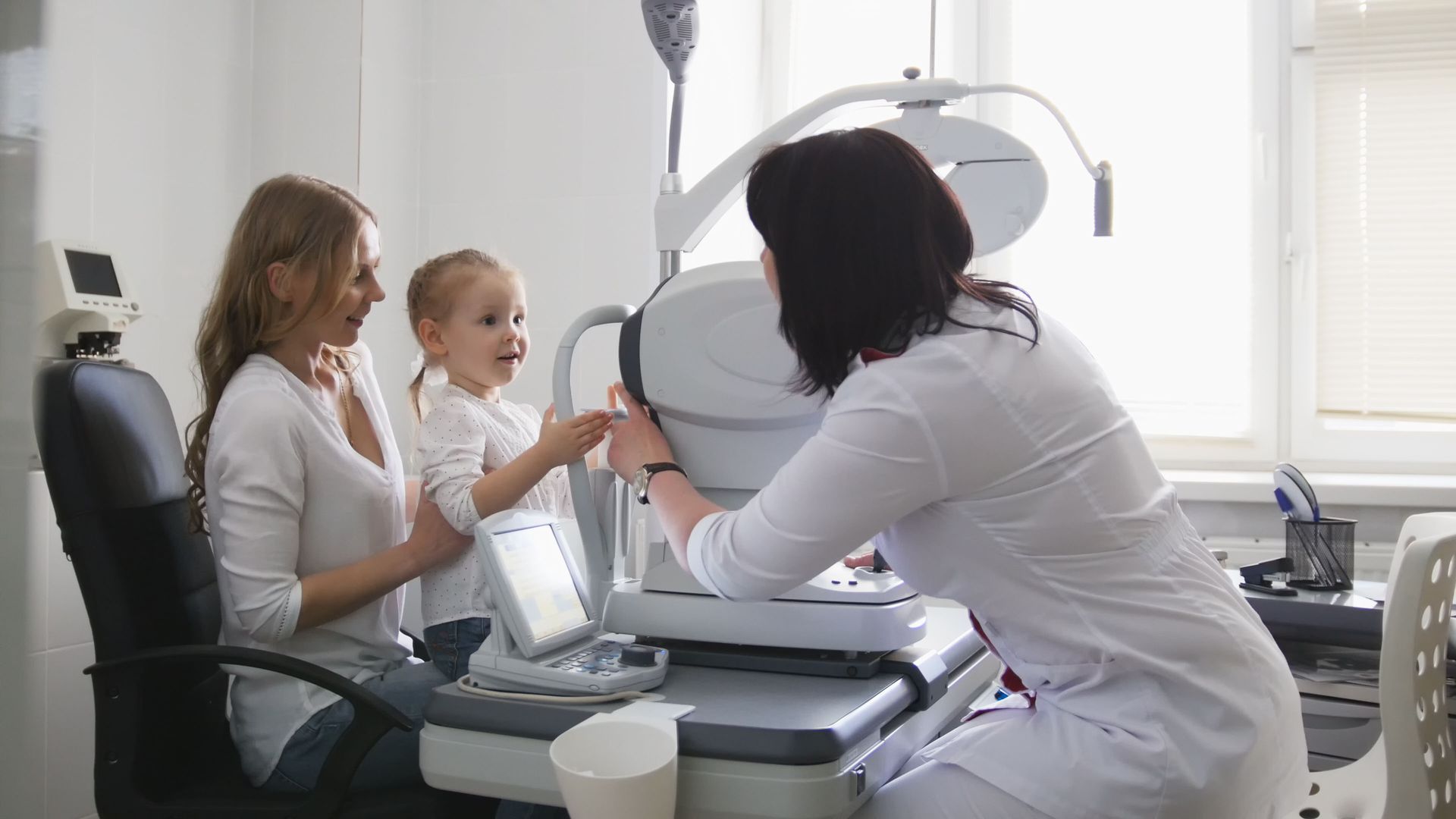
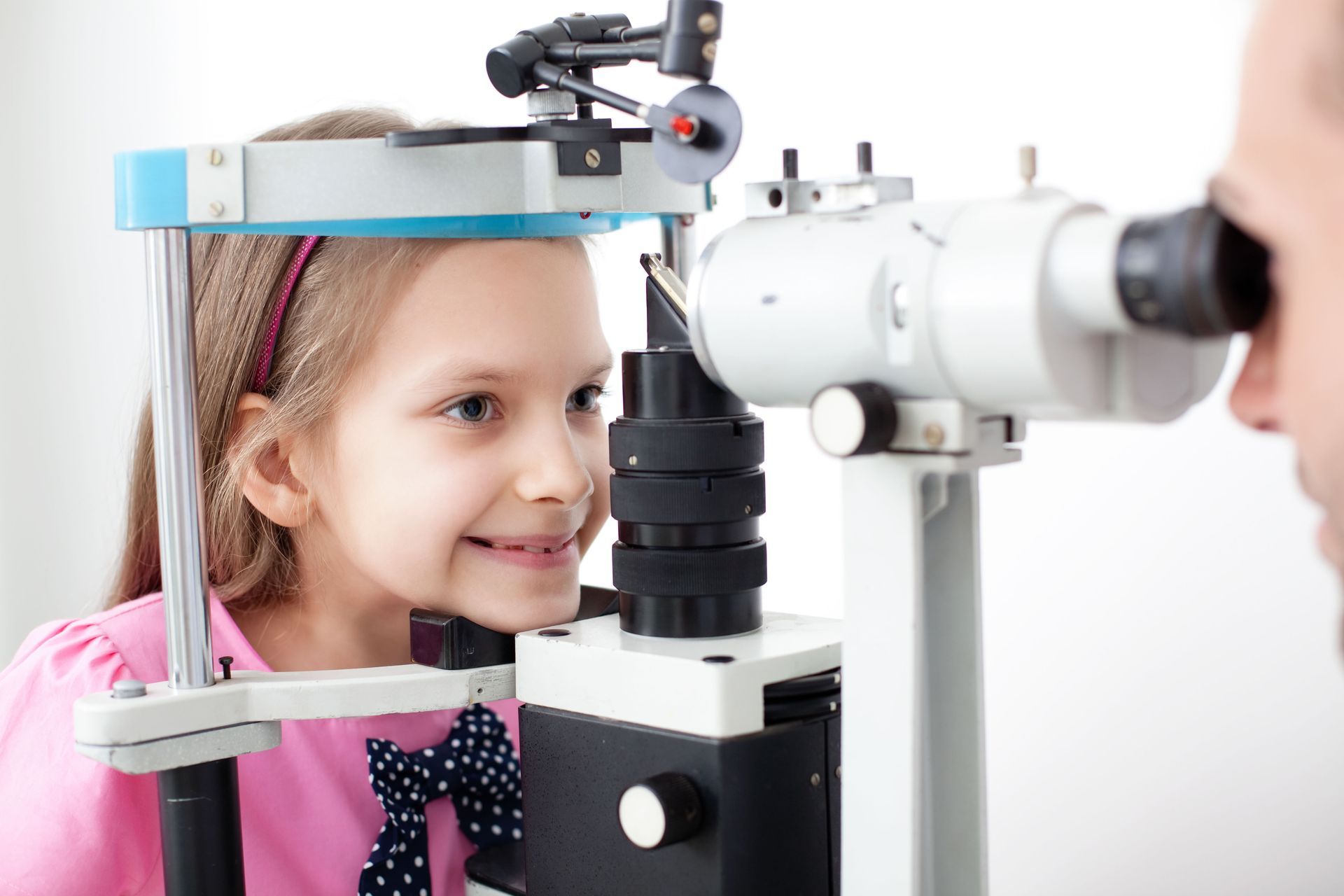
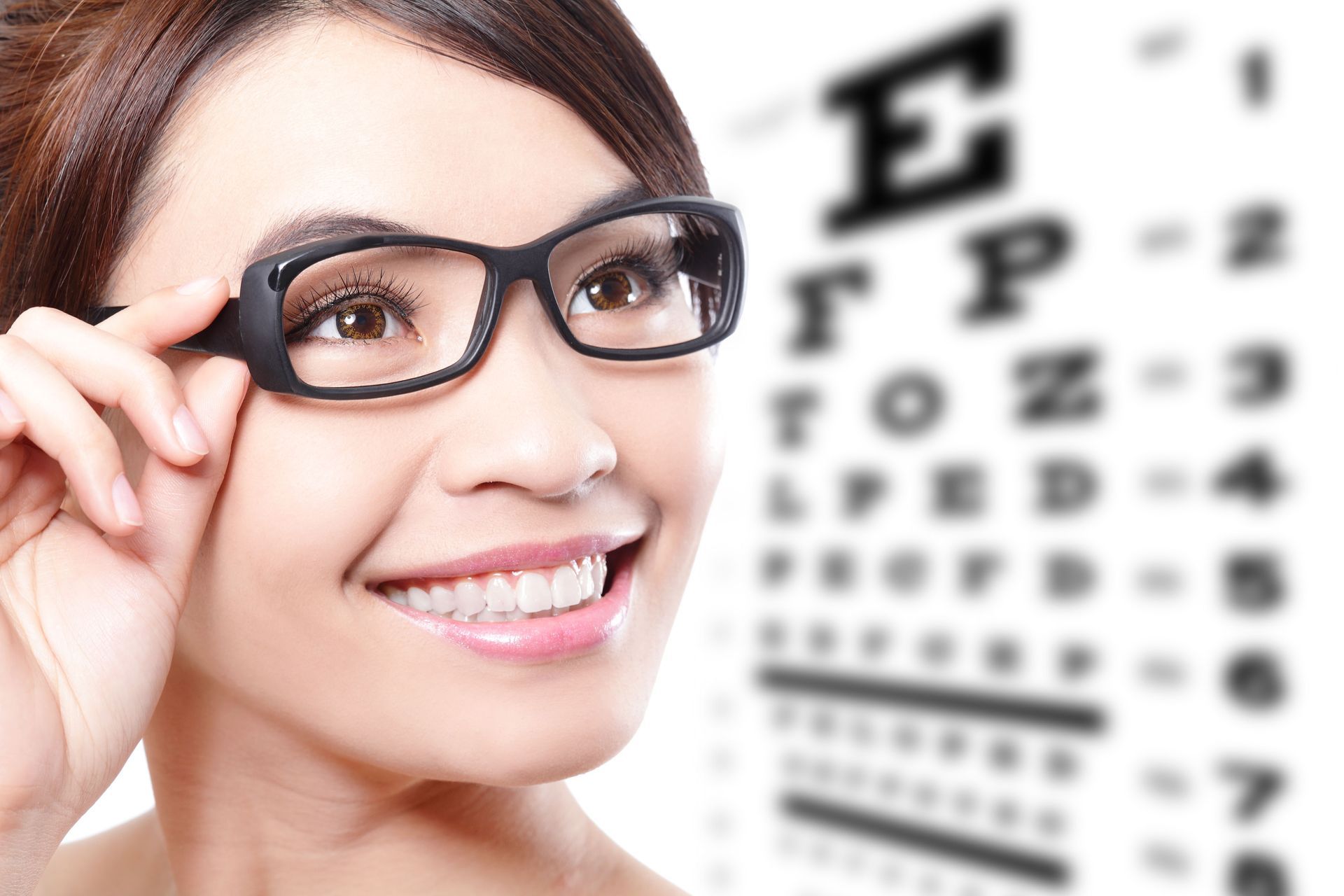
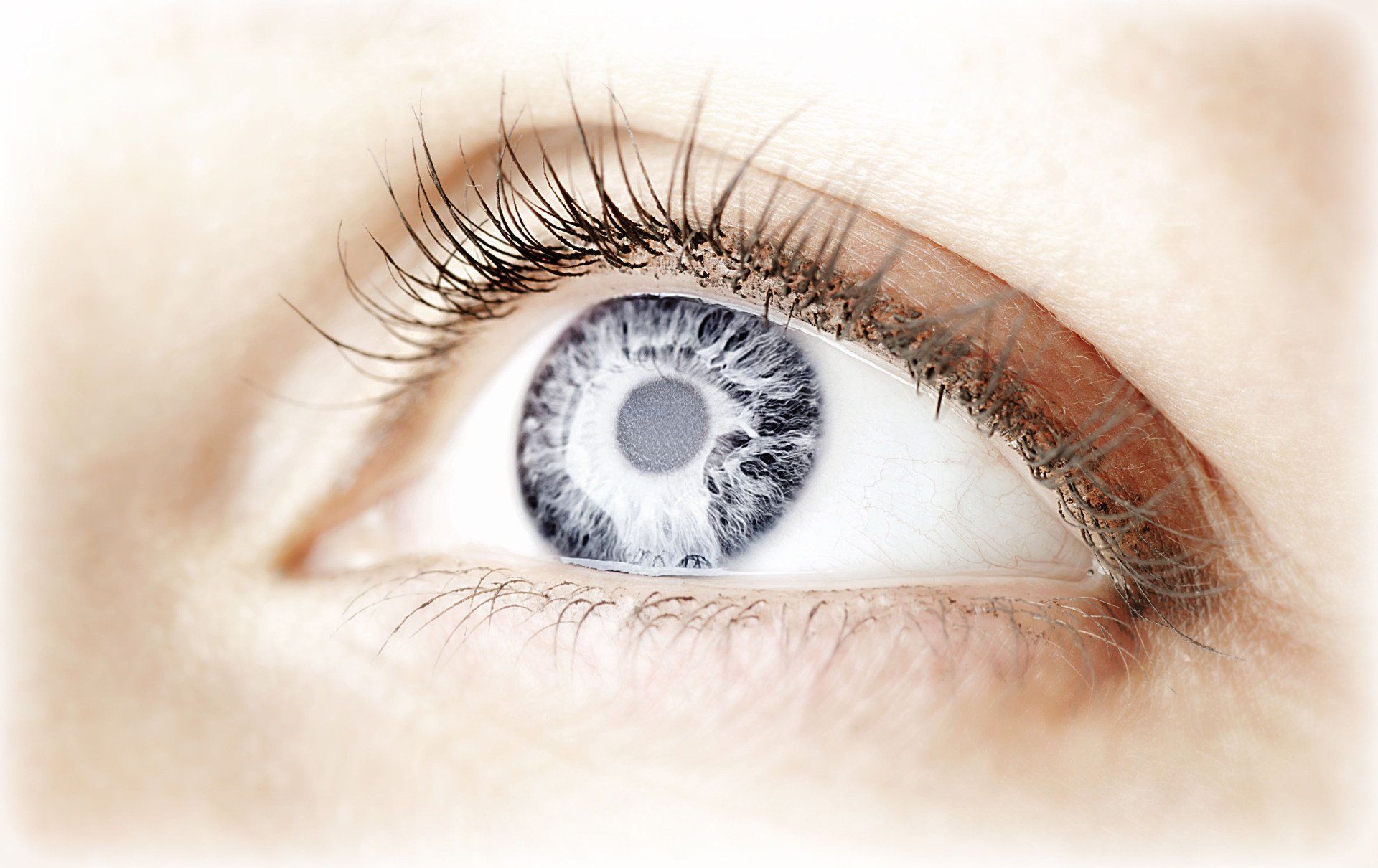
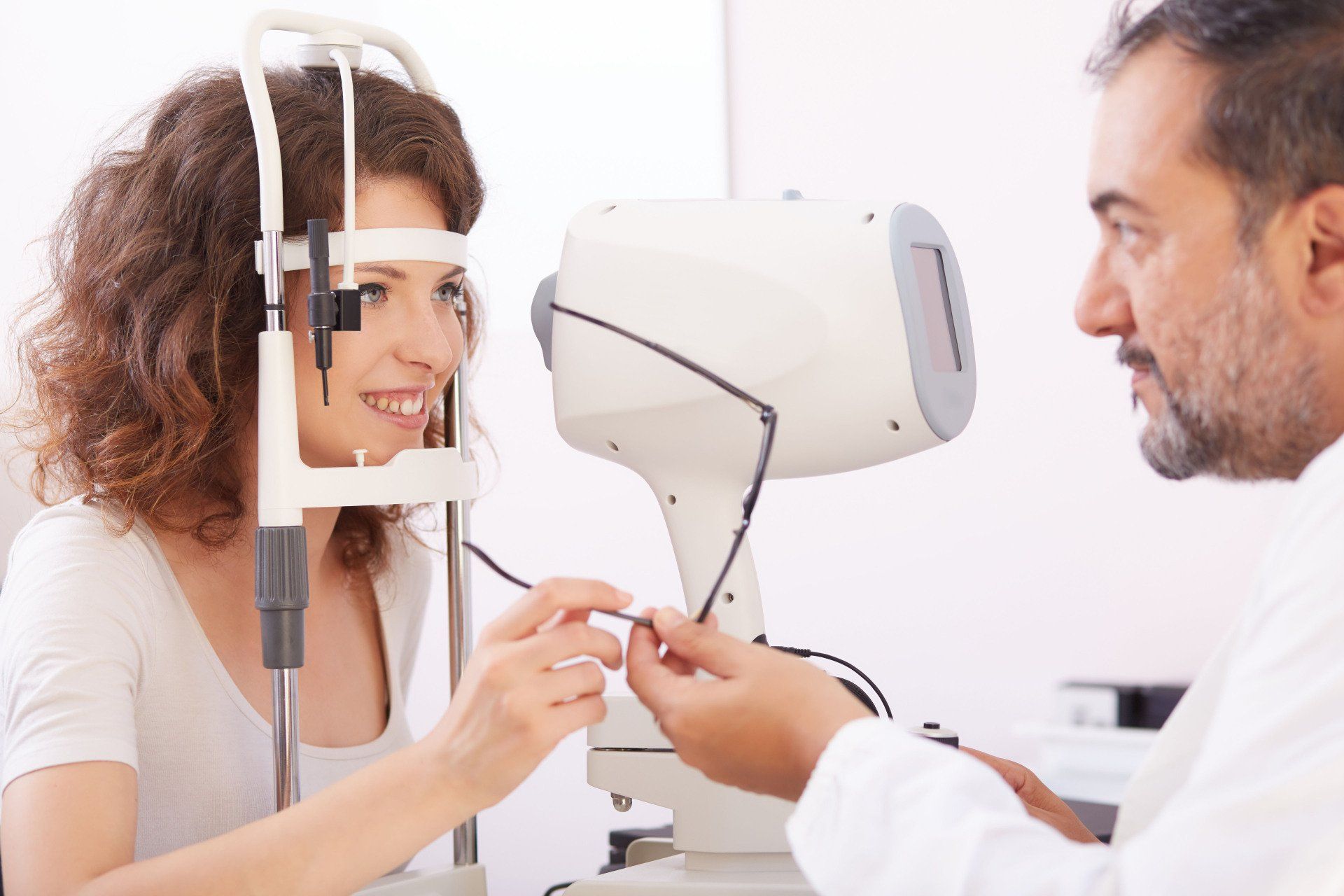

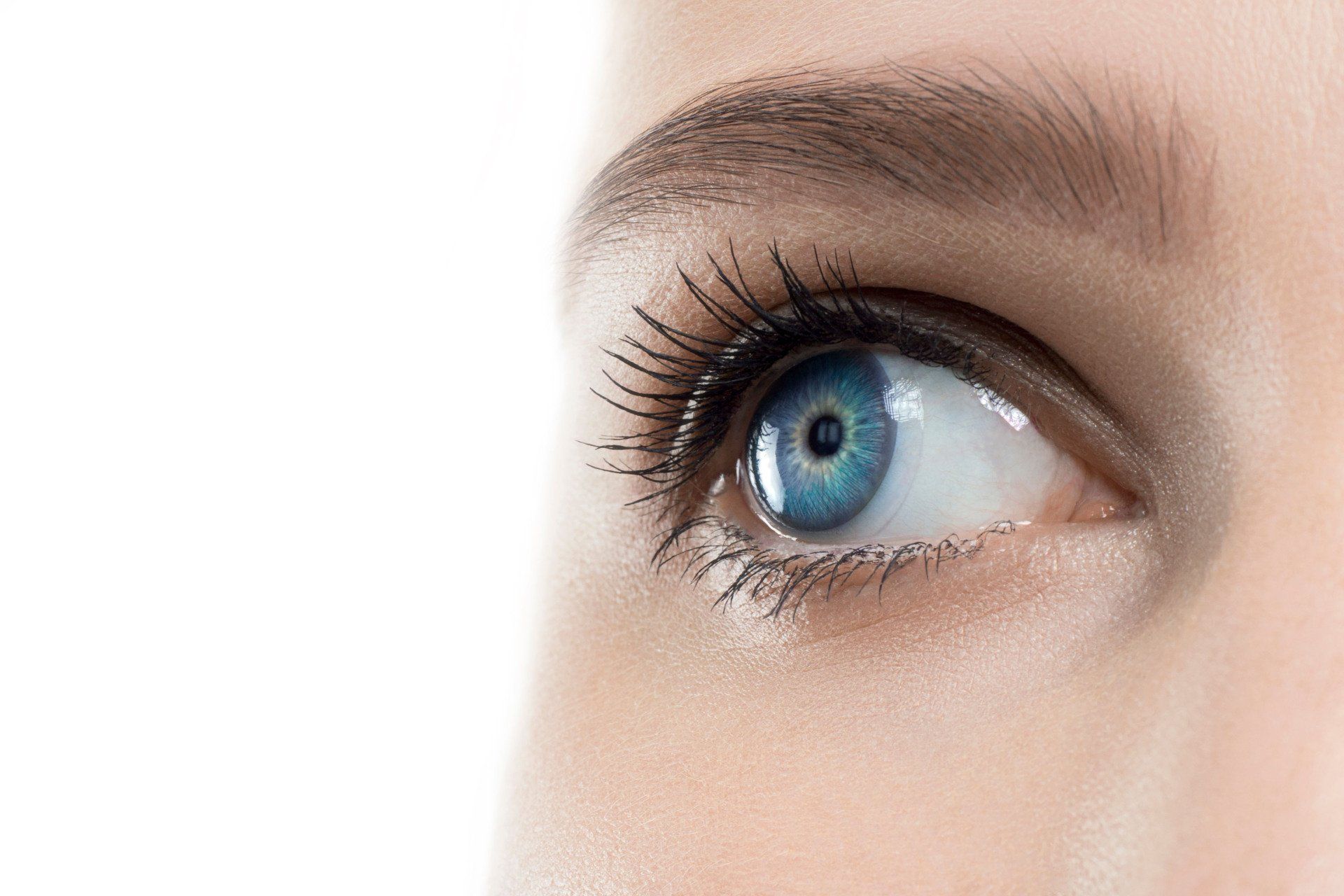
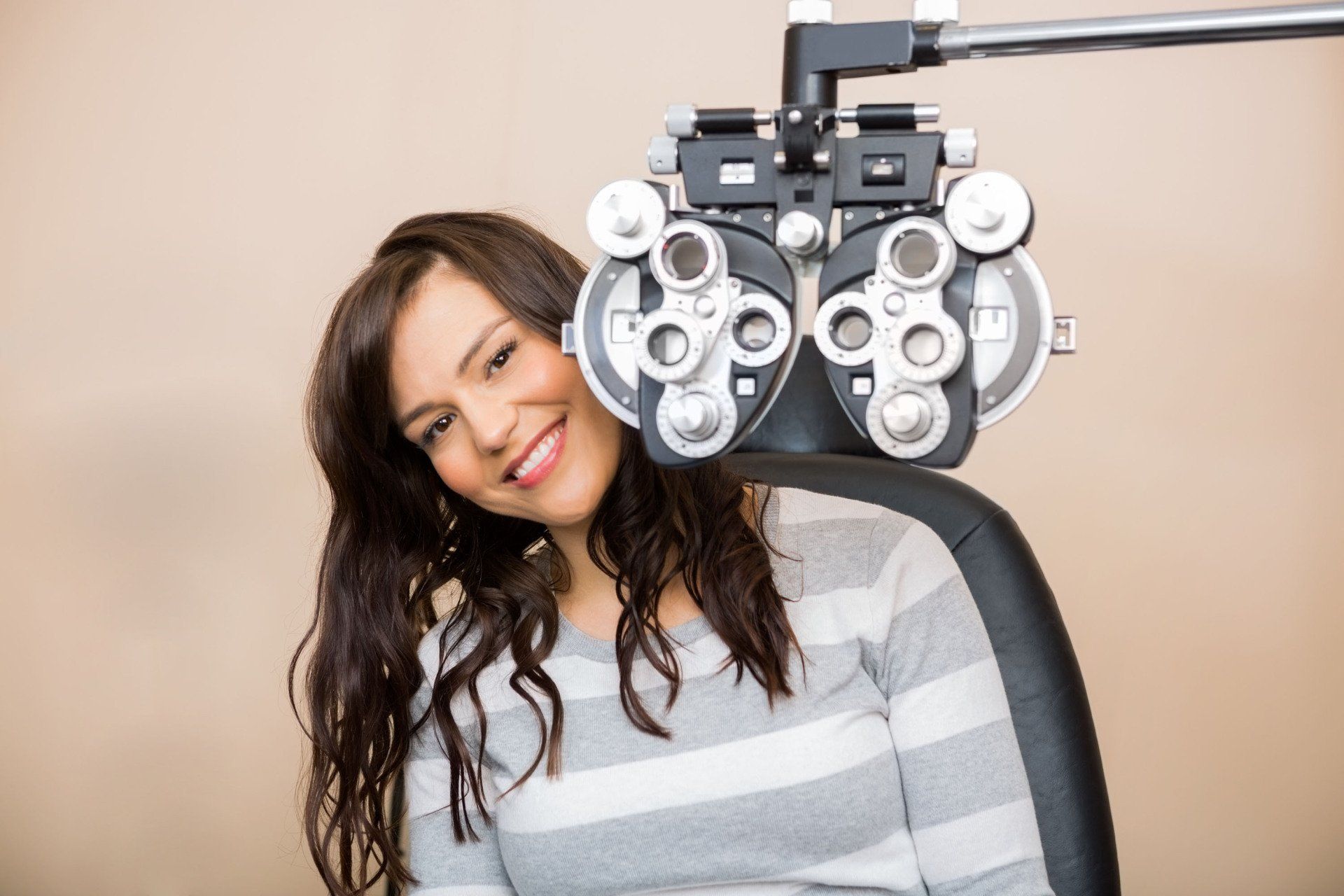
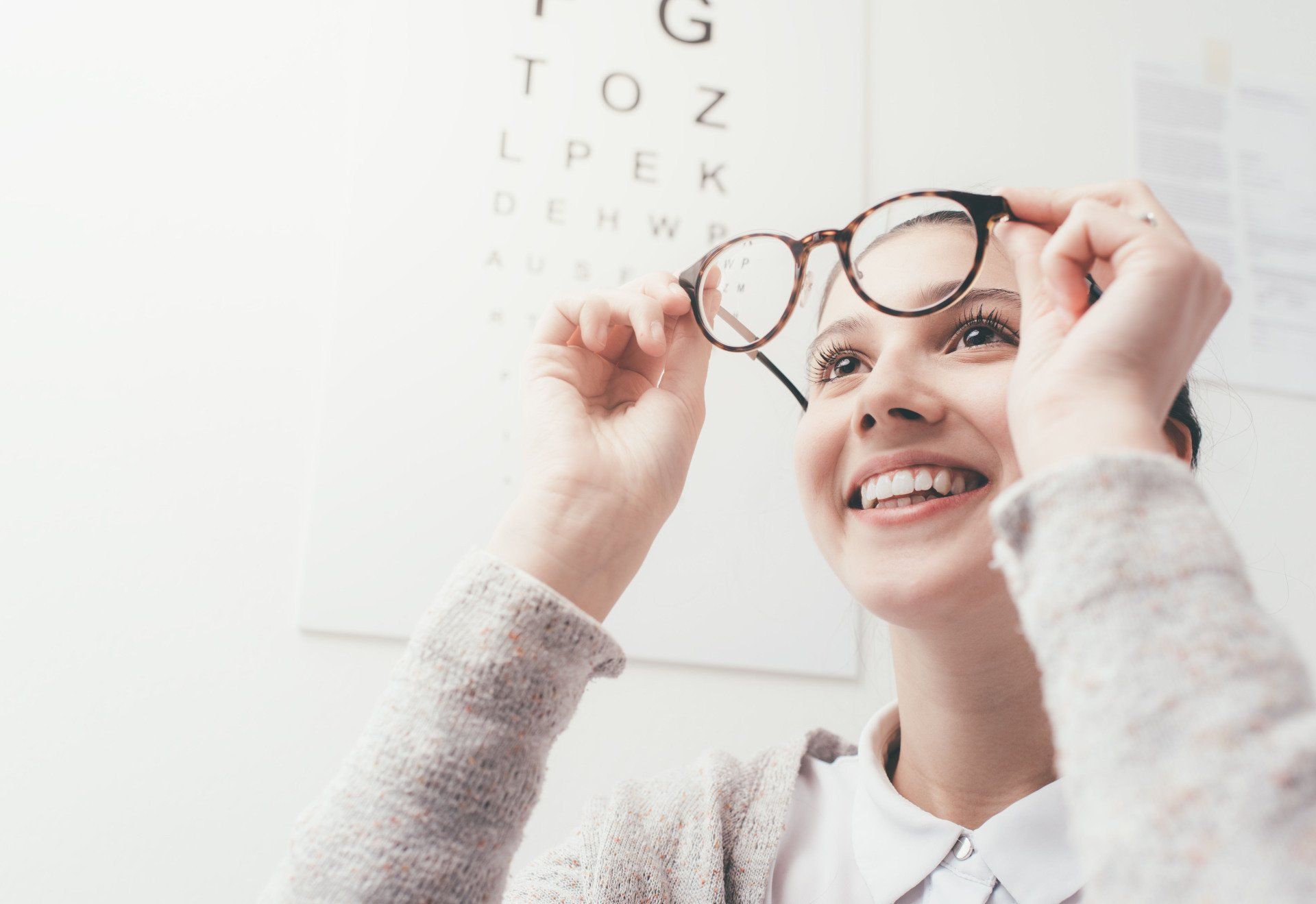
Share On: